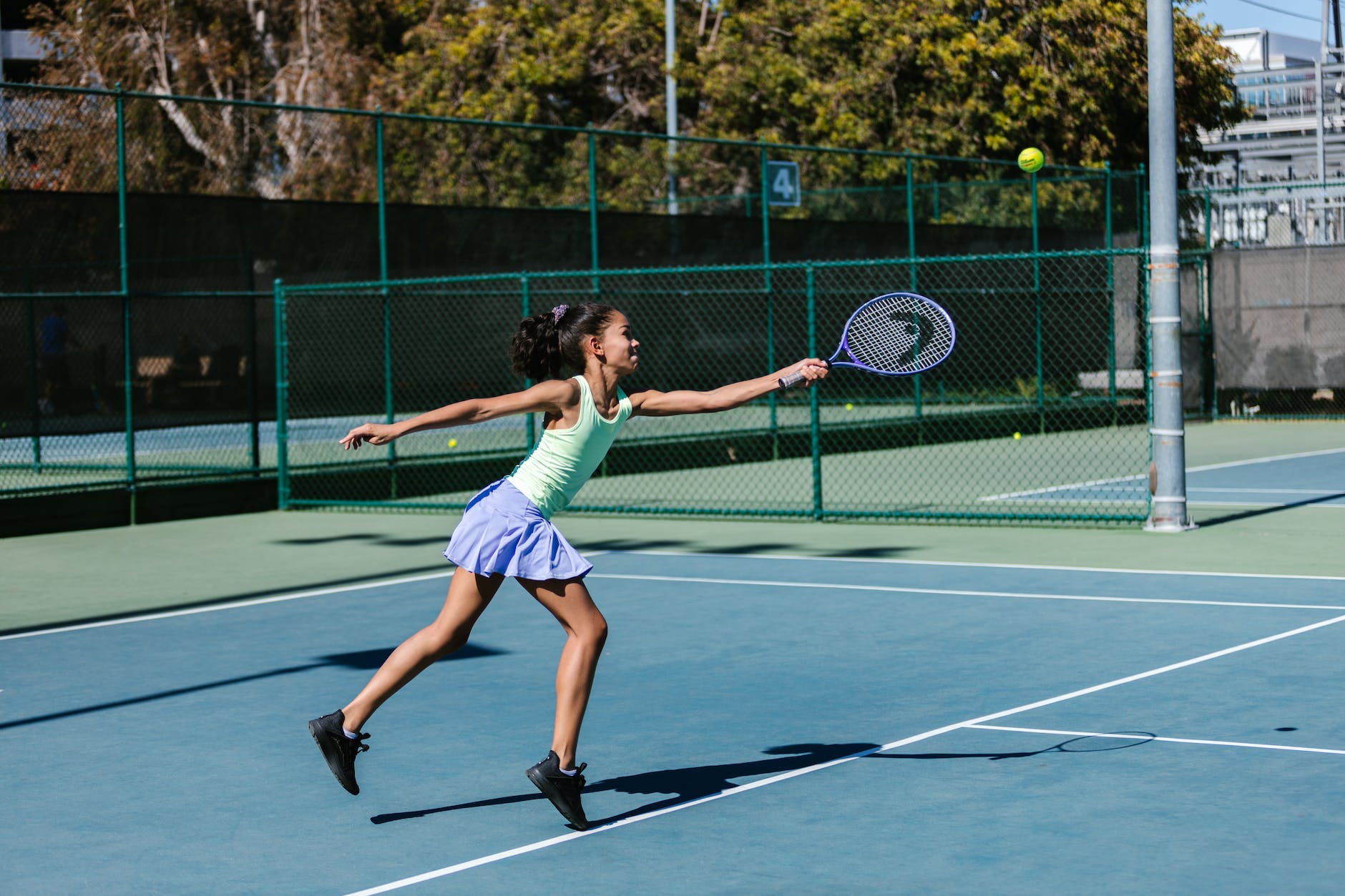November 7th, 2023
Creating a balanced diet for ADHD athletes
ADHD athletes have unique nutritional needs. Not only do they need all the vital nutrients for brain health, but their bodies need the right fuel to maintain stamina and energy when they practice or compete.
Which nutrients are key?
Competitive athletes burn up certain nutrients more than the average child. 4 nutrients to be especially mindful of are:
- Protein – Protein is essential for building muscles, and often lacking in ADHD athletes’ diets. ADHD athletes should aim to include protein with every meal and snack. High-protein foods include meat, poultry, fish, eggs, dairy, nuts, seeds, beans, legumes, and tofu.
- Calcium – Calcium is one of the crucial bone-building nutrients and athletes use more of it. A major source of calcium is dairy products like yogurt, cheese, and milk, so if your child is avoiding dairy for health reasons, be mindful to include other calcium sources such as almonds, salmon, sardines, oats, leafy green vegetables, and tofu.
- Vitamin D – Another critical factor in bone health, vitamin D is nearly impossible to get from food and comes mainly from the sun. During winter, taking D Drops is recommended to avoid deficiencies.
- Iron – Iron brings oxygen everywhere in our body – like those muscles that athletes work every day! Including iron-rich foods like red meat, tofu, legumes, turkey, shellfish, quinoa, pumpkin seeds, and nuts can help maintain consistent energy levels throughout the big game.
Extra Info: deficiencies in both iron and vitamin D are more common in ADHD than in the general population!
When to feed those champions? The nitty gritty of when and what to offer your athlete:
Before Sports:
When to eat pre-exercise:
Ideally, children should consume a balanced meal 2-3 hours before exercise to ensure they have enough energy. If a full meal isn’t possible due to time constraints, a smaller snack can be eaten 30-60 minutes before activity.
What to eat pre-exercise:
Complex carbohydrates such as whole wheat toast, bananas, sweet potato, oatmeal, or other whole grains, fibrous fruits, and vegetables should make up the majority of a pre-workout meal/snack.
Proteins: A small amount of protein to support muscle function and repair. Include lean sources like poultry, fish, beans, or dairy.
During Sports:
Hydration: Encourage water breaks every 15 minutes. Plain water is usually sufficient but if kids are participating in intense exercise for more than an hour, a cleaner sports drink like BioSteel can help replace lost electrolytes.
After Sports:
When to eat post-exercise:
The post-exercise meal or snack should be consumed within 30 minutes to 2 hours after finishing the activity to optimize recovery.
What to eat post-exercise :
A post-workout meal should include complex carbs and a significant amount of protein. Good examples would be chicken with brown rice, whole wheat pasta with meat sauce, or vegetarian (bean-based) chili with a whole wheat bun.
Fluids: Continue to hydrate to replace any fluid losses during exercise.
Avoid High-Fat and Sugary Foods:
While these can be part of an overall balanced diet, they are not ideal choices immediately before or after exercise as they may cause digestive discomfort or provide too much energy in the form of fats or simple sugars.
A personalized solution is best
Having all the knowledge doesn’t always translate to easily putting it into action. It’s hard to create the ideal meal plan that works within your schedule, budget, and preferences.
If you’re looking for added support to help your ADHD athlete meet all their nutrient needs, 1-on-1 coaching could be the perfect solution for your family. Together, we create an ideal plan based on current nutrient gaps, focusing on foods and flavours that your family already enjoys. Sound ideal? Click here to book your free assessment call today and discover how individualized nutrition coaching can help your champion thrive on and off the field.

